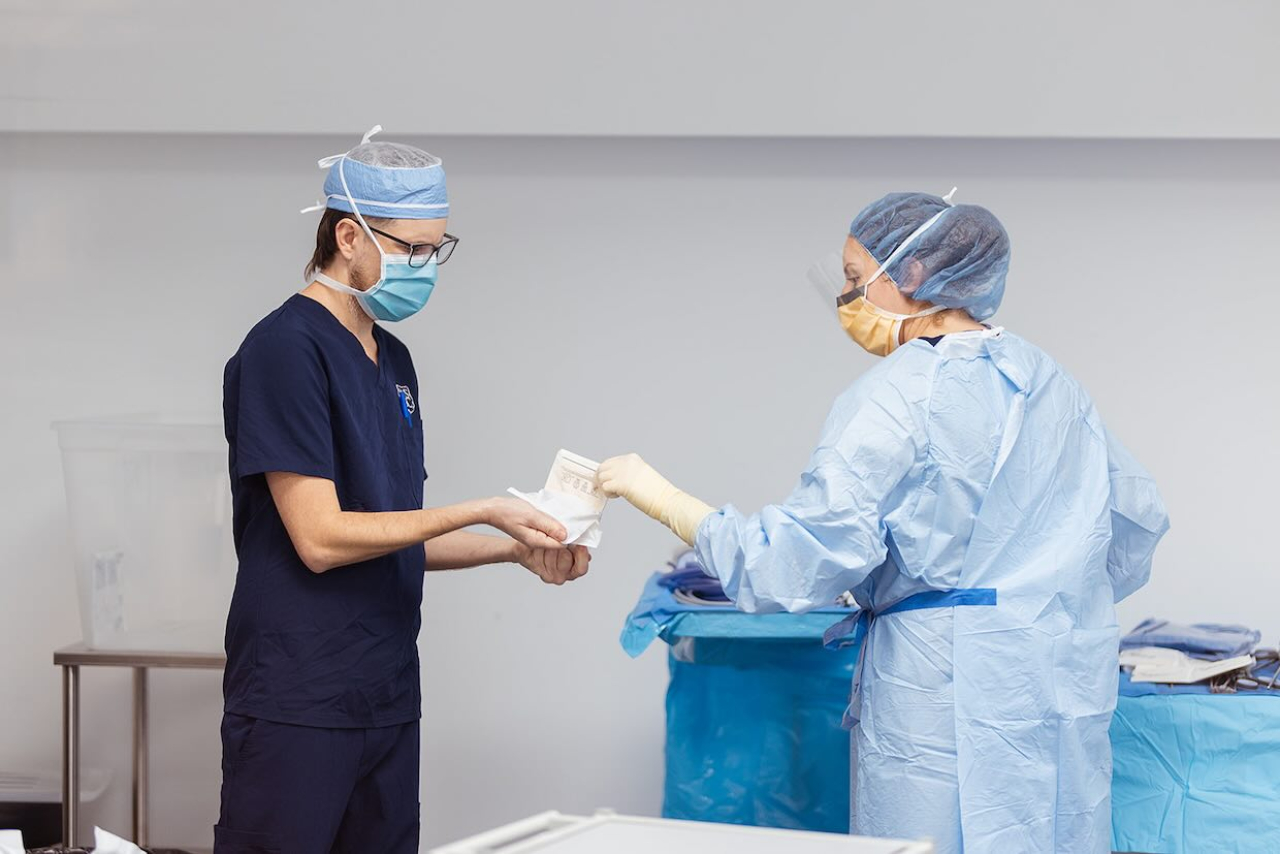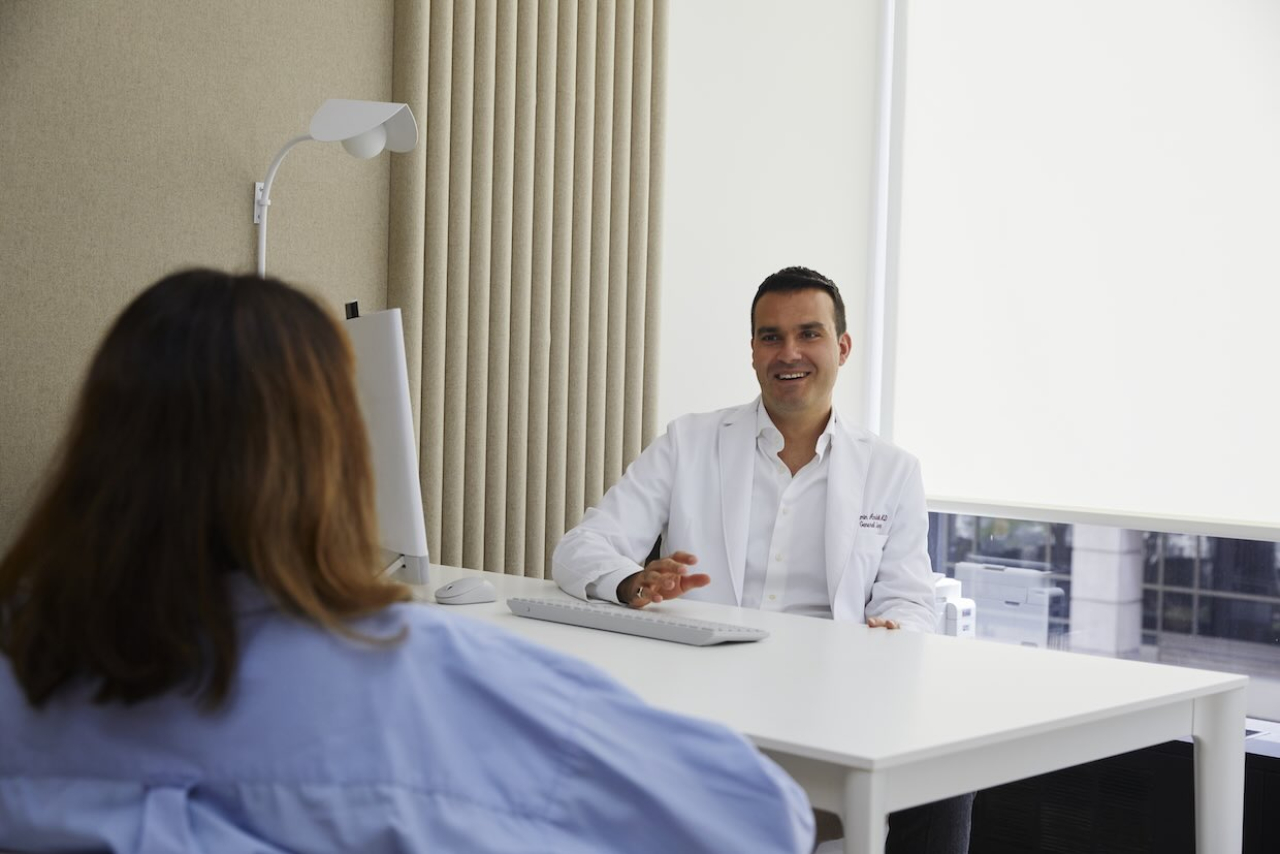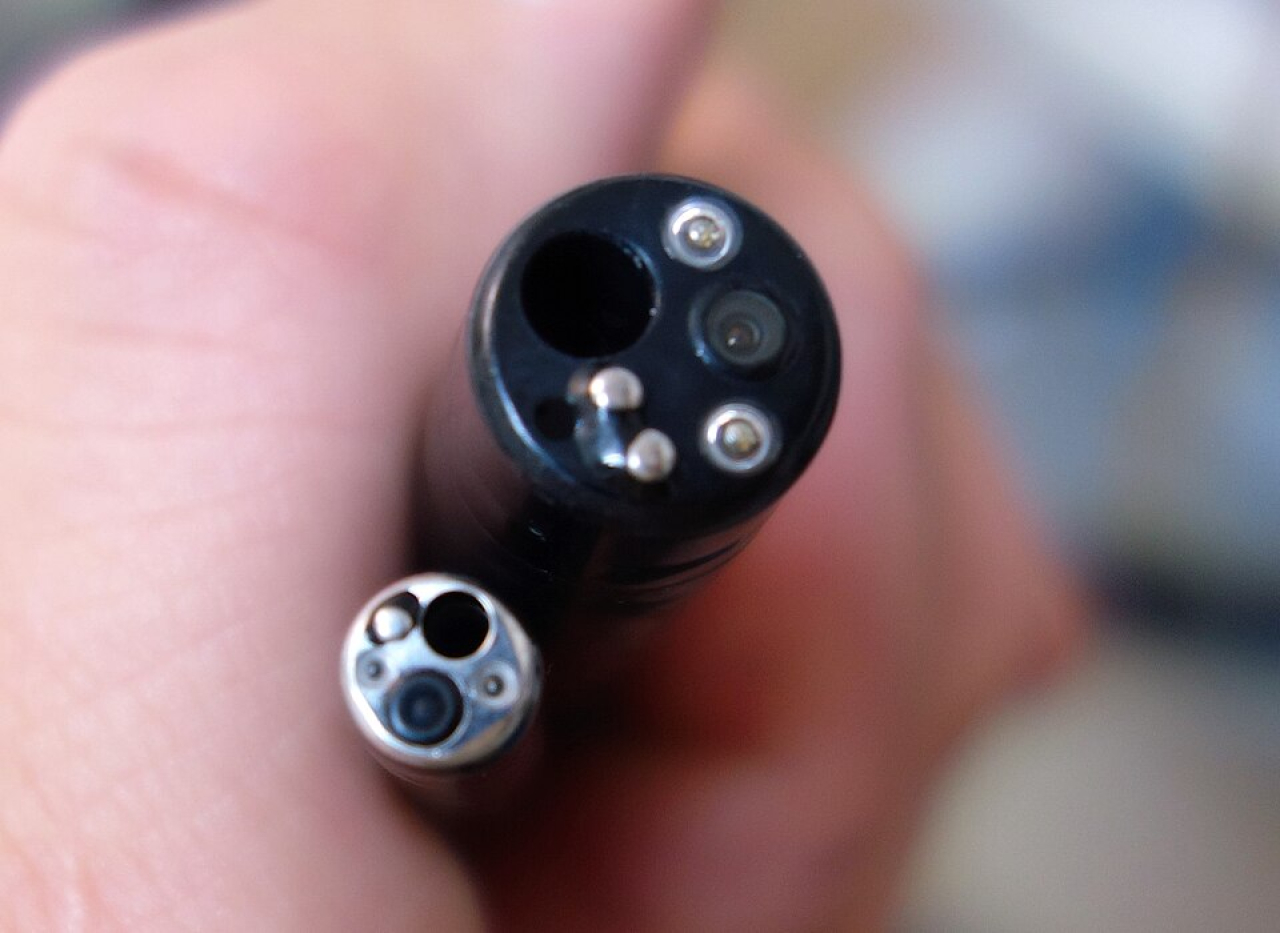Did you know we have a support group?
Your questions and concerns have most likely been asked and answered in our support group. Moderated by our dietitian's, nurses, and staff. We provide you with reliable patient education and resources to help you throughout this life-changing process.
Can Sports Activity Cause a Hernia?
In the world of sports and physical activity, injuries are not uncommon. One particular concern that athletes may encounter is the possibility of developing a hernia. The discomfort experienced during sports activities can leave individuals wondering if they have indeed tweaked something or if a hernia is to blame.
In this blog post, we will explore the connection between sports activity and hernias, shed light on the signs and symptoms to look out for, discuss treatment options, including hernia repair surgery, and provide preventive measures to reduce the risk of sports hernias.
Understanding Sports Hernias and Traditional Hernias
Let's start by clarifying the difference between a sports hernia and a ‘traditional’ hernia. While both involve a protrusion of tissues, they differ in their underlying causes. A sports hernia (athletic pubalgia) develops due to the weakening or tearing of the soft tissues, such as the inner thigh muscles and abdominal muscles, rather than a direct defect in the abdominal wall like a traditional (inguinal) hernia. Sports hernias can cause severe pain and discomfort in the groin area as well as the lower abdomen, impacting athletes' performance on and off the field.
Recognizing the Signs and Symptoms of a Sports Hernia
Identifying the signs and symptoms of a sports hernia is crucial for proper diagnosis and timely treatment. Individuals with sports hernias often experience persistent groin pain, which may worsen during physical activity or specific movements. Other common symptoms include tenderness in the affected area, aching sensation, and difficulty with activities that involve twisting movements or sudden changes in direction.
It's important to note that sports hernias can be misdiagnosed or mistaken for other conditions, highlighting the significance of seeking professional medical advice.
The Role of Sports Activity in Hernia Development
Sports activity can indeed contribute to the development of hernias. The vigorous movements and strain placed on the abdominal muscles and soft tissues during sports can weaken the abdominal wall, making it more susceptible to herniation.
Certain sports, such as ice hockey, which involves quick directional changes and intense physical contact, pose a higher risk for sports hernias. Imagine the abdominal muscles as a support structure for your body's core, and when that support weakens, it becomes easier for hernias to occur.
Seeking Medical Evaluation and Treatment Options
If you experience persistent discomfort or suspect a sports hernia, it's crucial to seek medical evaluation. A healthcare professional will conduct a physical exam to assess the affected area, including the inner thigh muscles, abdominal muscles, and pubic bone, and may order medical imaging tests to confirm the diagnosis.
Treatment options for sports hernias can vary depending on the severity of the condition. Non-surgical approaches, such as physical therapy targeting the soft tissue injury, can help strengthen the affected area and promote healing. However, in cases where conservative measures are insufficient, hernia repair surgery may be necessary to address the underlying issue and provide long-term relief.
Preventive Measures and Tips for Sports Hernia Prevention
Prevention is always better than cure, and there are steps athletes can take to reduce the risk of sports hernias. Proper warm-up exercises, conditioning programs, and maintaining overall physical fitness are essential in preparing the body for sports activities and strengthening the abdominal wall. Engaging in targeted exercises that focus on strengthening the inner thigh muscles and oblique muscles can also help support the core and reduce the likelihood of herniation. Think of core strengthening exercises as building a solid defense to protect your abdominal wall.
Clinique Michel Gagner - Delivering Expert Care in the Treatment of Sports Hernias
Sports activity can indeed cause hernias, particularly sports hernias that result from soft tissue injuries rather than traditional hernias that involve defects in the abdominal wall. Recognizing the signs and symptoms, seeking timely medical evaluation, and considering appropriate treatment options are essential steps in managing this condition.
At Clinique Michel Gagner, we are committed to providing comprehensive treatment for hernias and other related conditions, ensuring the best surgical outcomes and patient experience. If you have any concerns or symptoms related to sports hernias, don't hesitate to consult with a healthcare professional who can guide you towards the appropriate course of action.
Remember, your health is as important as your passion for sports, and taking proactive steps to prevent sports hernias will allow you to continue pursuing your athletic goals safely and confidently.


